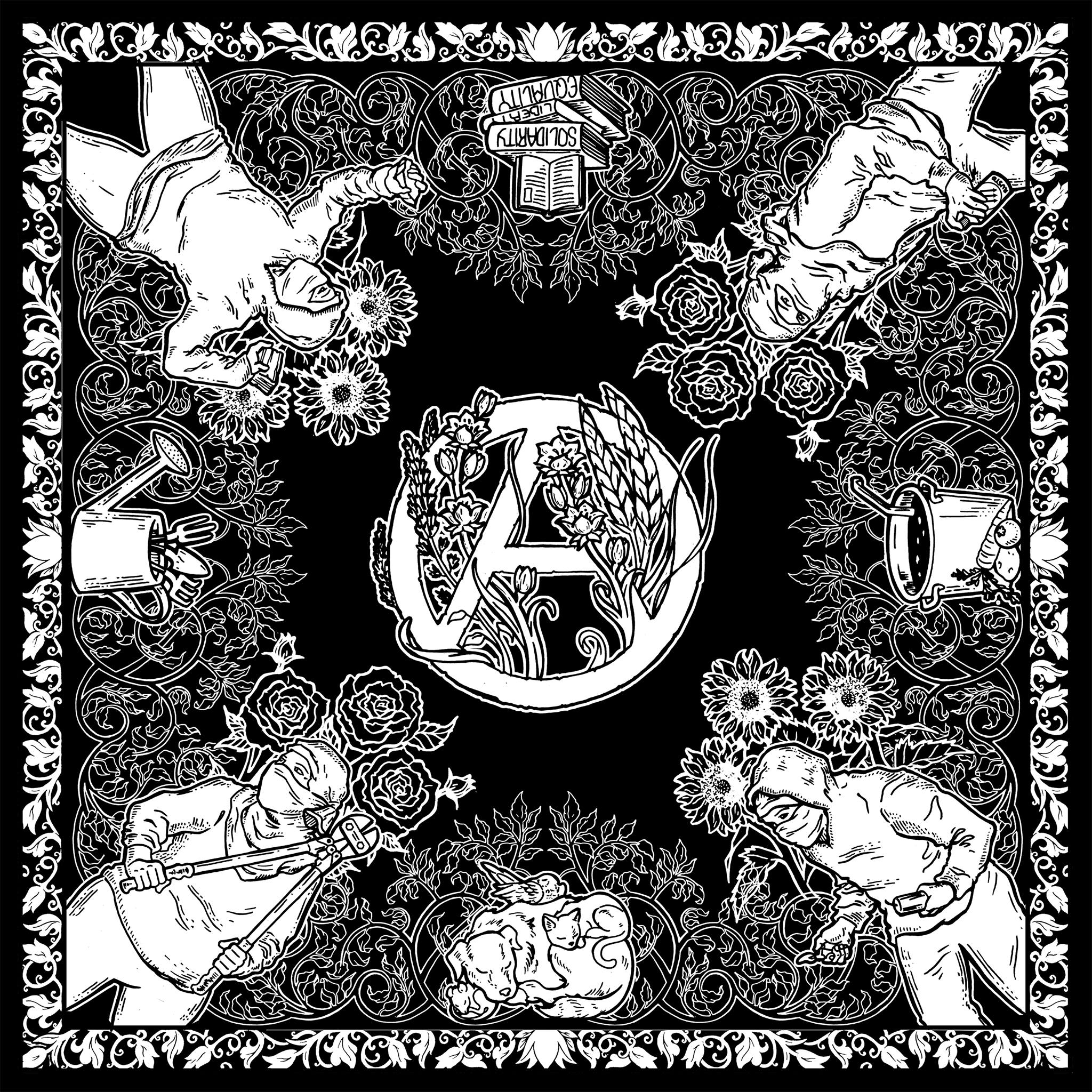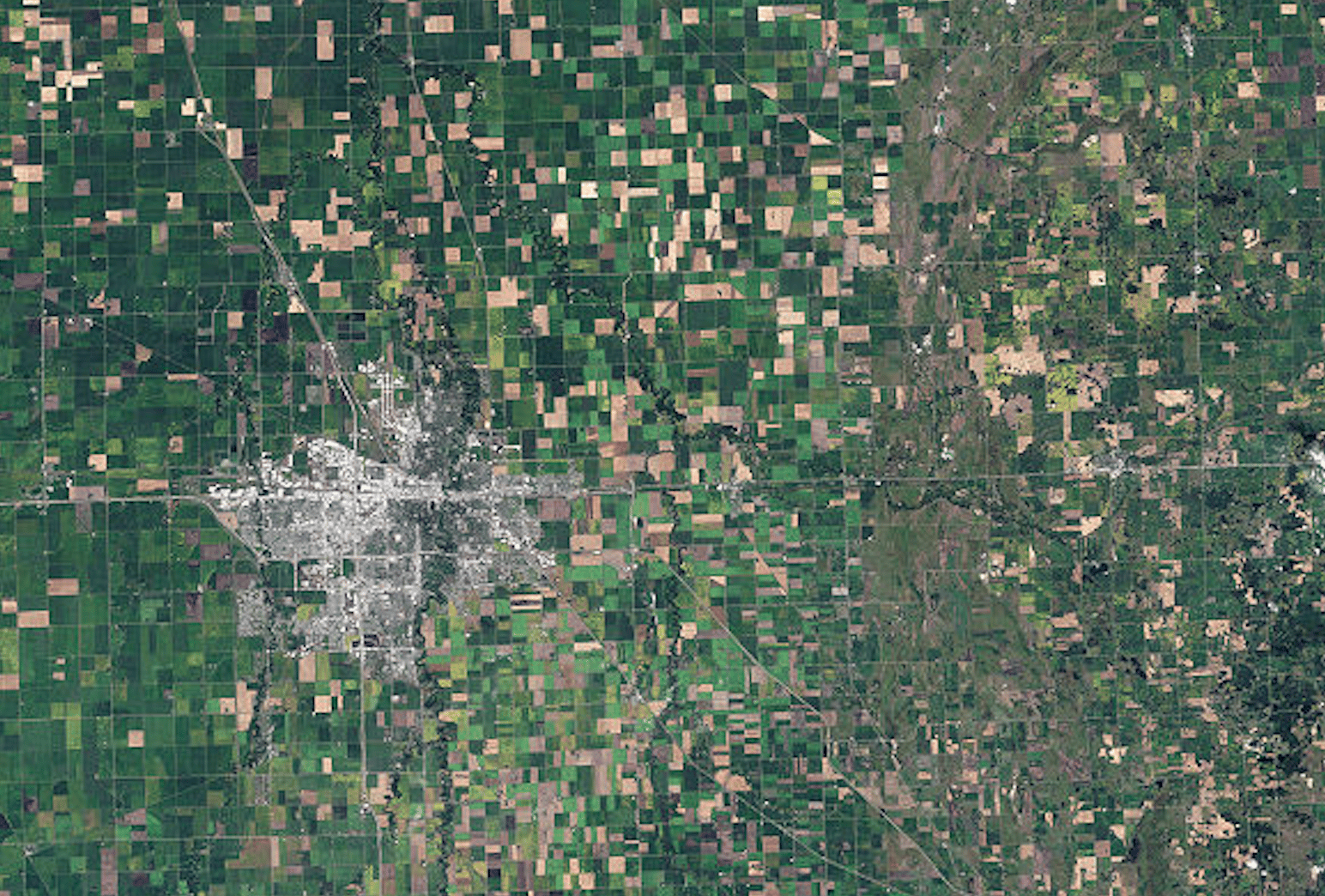The November Revolution was swift because Germans had been starving for years thanks to the British blockade, as recent historical work has finally proven. But the success of the blockade depended upon German mismanagement. As a populous nation with an economy driven by industry rather than agriculture, Germany had been a major importer of foodstuffs and fertilizer before the war; it faced extreme shortages once fighting broke out. Yet, as detailed in economic historian Avner Offer’s study The First World War: An Agrarian Interpretation (1991), it could have achieved agricultural self-sufficiency had it abandoned animal husbandry. Dairy and meat production were extremely inefficient, then as now. As a visiting U.S. physiologist wrote in 1916: “Had the Germans been vegetarians, there would have been no problem. To the people of India, the ratio of grain to population would have constituted luxury. For people accustomed to eating a great deal of meat and animal products, the natural impulse was to cling as closely as possible to established habits.”


